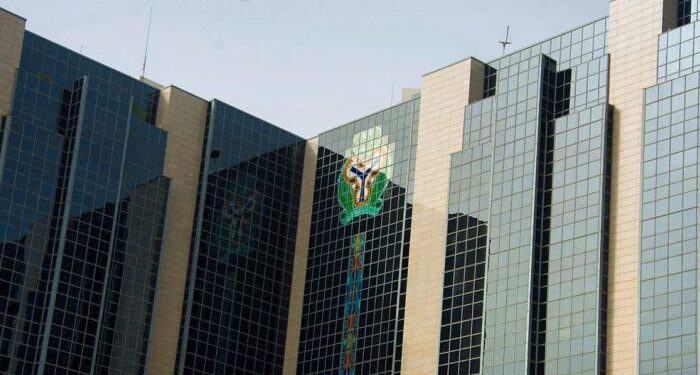Bureau De Change (BDC) operators across Nigeria are expressing strong reservations against the Central Bank of Nigeria’s (CBN) recent directive that mandates them to reapply for licenses under new, stringent guidelines.
Announced on Wednesday, this directive has stirred concerns among operators about its alignment with global best practices.
According to the CBN, this overhaul aims to enhance the regulatory framework and ensure financial stability. However, BDC operators argue that the new requirements could potentially stifle their operations and deviate from international norms.
Bellnews had earlier reported that Haruna Mustapha, Director of the Financial Policy and Regulation Department at the CBN, issued the circular which outlines that BDCs will now be categorized into Tier 1 and Tier 2, each with specific operational capabilities and capital requirements.
Tier 1 BDCs are expected to maintain a capital base of N2 billion, while Tier 2 BDCs are required to hold N500 million.
According to Punch Newspaper, the President of the Association of Bureau de Change Operators of Nigeria (ABCON), Aminu Gwadebe, voiced significant concerns regarding the heightened capital requirements and the compressed timeline for compliance.
He remarked, “The requirement is huge. It is not in line with global practices… We should be careful so that we will not throw away our experience, capacity and investment.”
Gwadebe also highlighted the risks of exacerbating the very issues these regulations aim to combat, such as money laundering, due to the stringent and hurried nature of these changes.
He added that the deadline for compliance is unreasonably short compared to the leniency typically extended to other sectors.
The CBN’s revamped guidelines have also abolished the mandatory caution deposit, a change that reflects some responsiveness to previous feedback from industry stakeholders.
With the implementation date set for June 3, BDC operators are calling for a reassessment of the policy.
They urged the CBN to consider introducing the new rules more gradually to avoid disrupting existing financial stability and align more closely with international standards.


